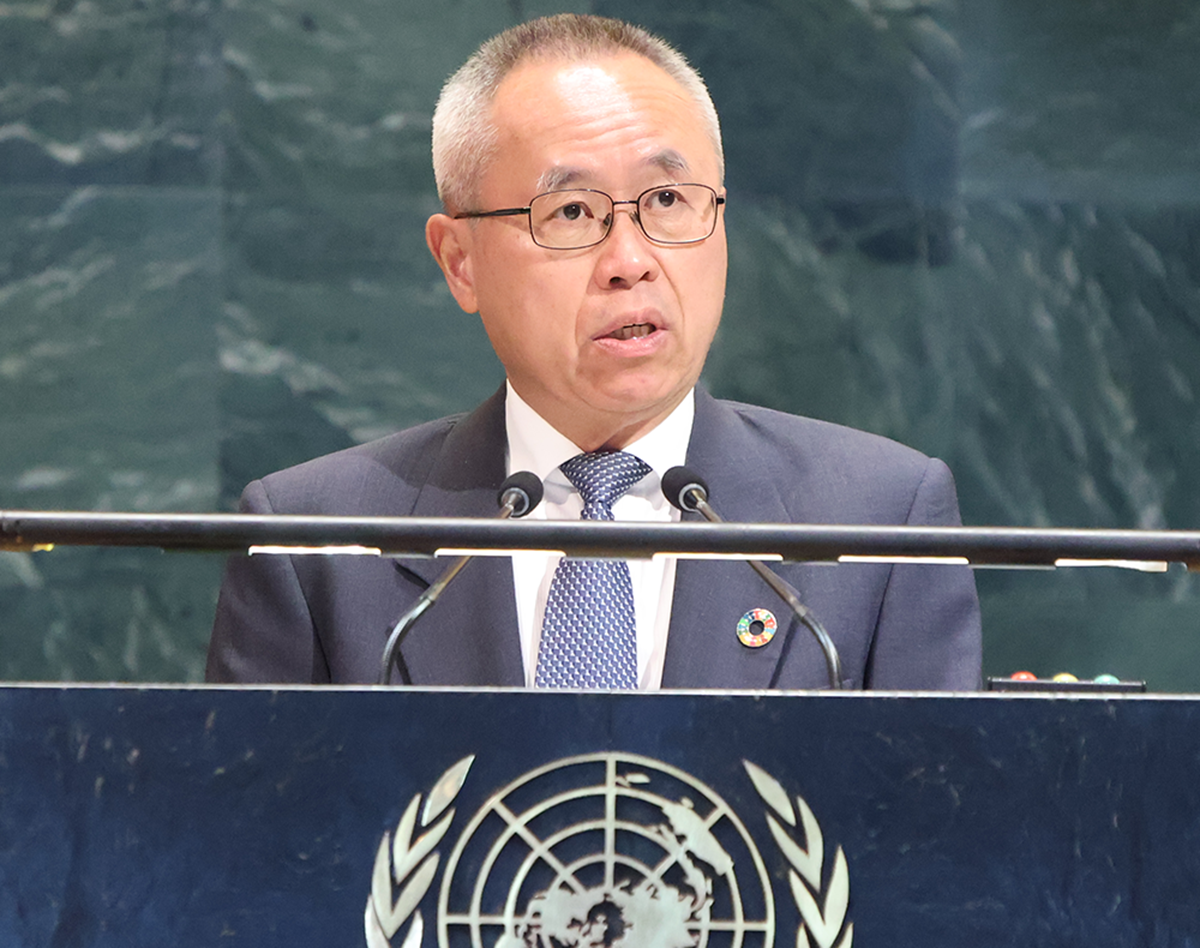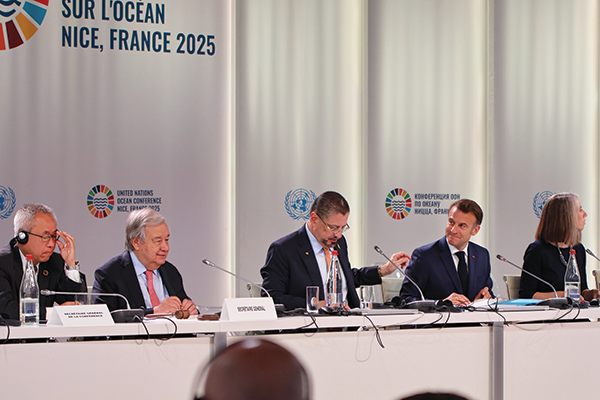
Driving change through multilateral action
Li Junhua, Under-Secretary-General for Economic and Social Affairs
With just five years left to achieve the 2030 Agenda for Sustainable Development, the work of the United Nations Department of Economic and Social Affairs (UN DESA) has never been more critical. The period from 2024 to 2025 has been marked by unprecedented global challenges – converging crises and heightened geopoliti-cal tensions that have tested our collective resolve and threatened progress toward achieving the Sustainable Development Goals (SDGs).
Yet, as this report demonstrates, it has also been a time of bold innovation, strengthened partnerships, and renewed momentum for multilateral cooperation. Through the landmark Pact for the Future, the historic Sevilla Commitment, and other groundbreaking initiatives detailed in the report, UN DESA has continued to serve as the heart of the UN system’s development pillar—delivering evidence-based solutions and cultivating the partnerships essential for transformative change.
This report captures the breadth, depth, and strategic impact of UN DESA’s contributions across seven critical areas of sustainable development, each representing a cornerstone of our shared mission to build a more equitable, resilient, and prosperous world for all. It also reflects our commitment to deploying the UN 2.0 principles and the associated “Quintet of Change” to drive innovation and transformation across the Department.













